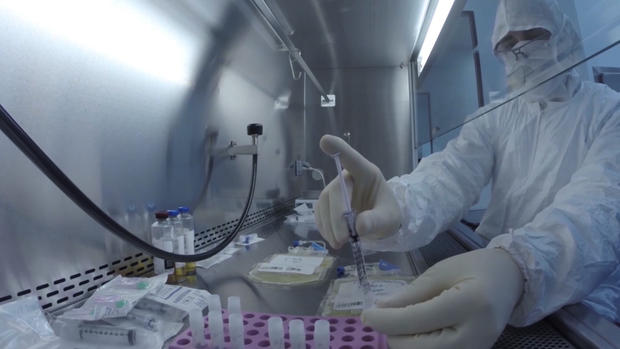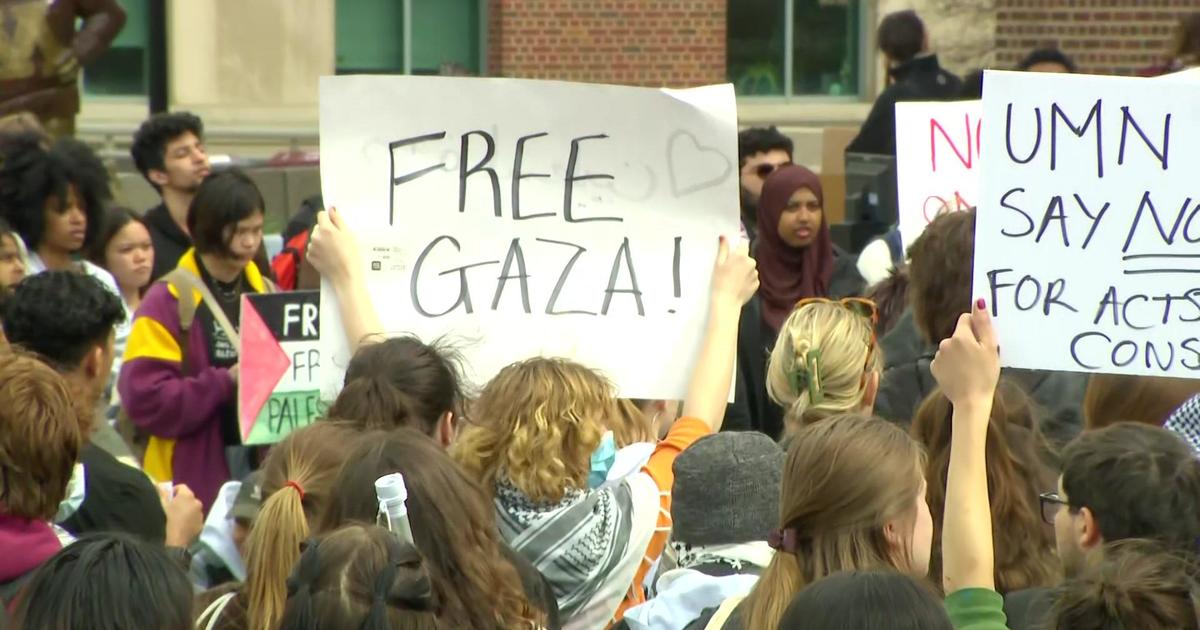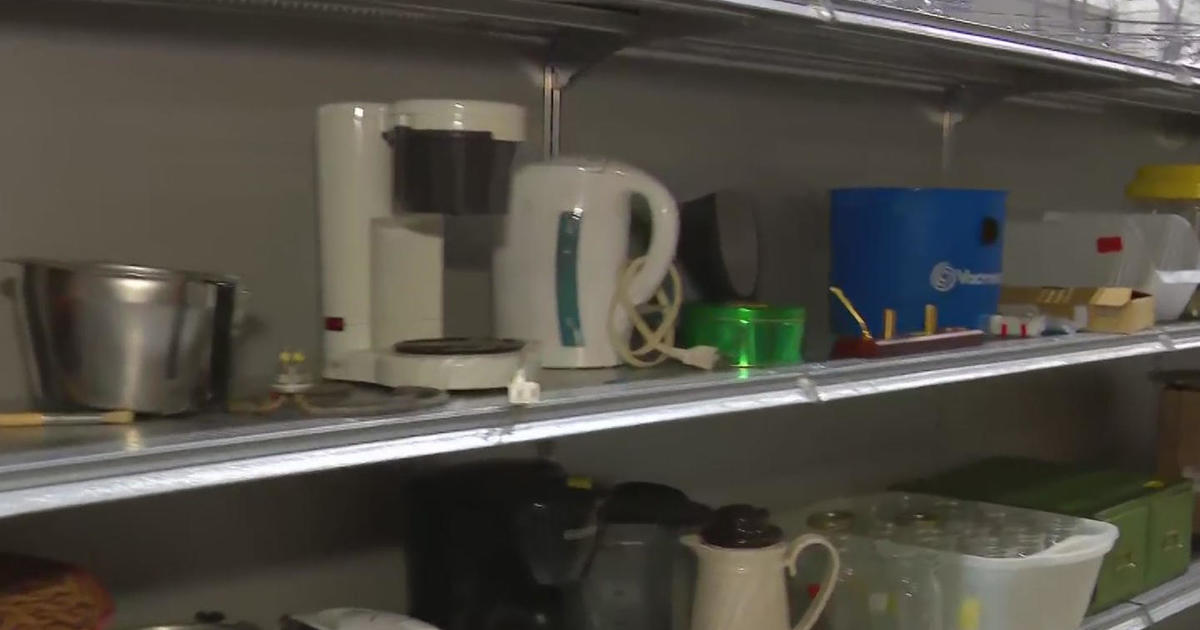How Does Gene Therapy Work?
MINNEAPOLIS (WCCO) -- Colin Cooley of Burnsville beat lymphoma four years ago, but the lymphoma came back in a different spot two years later.
"Chemo wasn't cutting it," Cooley said. "It was keeping it in check, but it wasn't getting rid of it."
He decided to undergo a clinical trial at the University of Minnesota. He received a gene therapy called CAR-T and is now cancer-free.
The FDA approved CAR-T Wednesday as the first type of gene therapy in the United States.
The treatment has been called a breakthrough in the fight against cancer. It is only approved right now to treat children with acute lymphoblastic leukemia, but doctors are excited about its potential for other cancers and diseases.
Doctors at the Masonic Cancer Center, University of Minnesota's Goldy vs. Cancer Day at the Minnesota State Fair called the therapy "a major leap."
"We're able to take a patient's own cells and turn them into something that can actually attack their specific cancer," said Dr. Edward Greeno, medical director of the University of Minnesota's Masonic Cancer Clinic. "Many people have referred to this as 'living cancer' because we're taking live cells and turning them into your treatment."
First, a patient's blood is drawn and their T-cells, or immune cells, are separated out. Those T-cells are then sent to a laboratory to be genetically modified and reprogrammed to zero in on the cancer.
Those modified cells are then multiplied in the lab before being returned to the patient via blood. They are essentially revved-up cells that are missiles for the cancer.
In one significant study, 83 percent of the patients who received CAR-T went into remission.
This treatment is expected to be offered for lymphoma patients next year. Dr. Greeno says it could be decades, though, before it's offered to patients with other types of cancer.
Right now, it's expensive -- almost $500,000 -- and used mostly on patients when other methods of treatment, like chemotherapy, have failed.
"Before I didn't know if I'd be here in three or four or five years, I didn't know," Cooley said. "Now I feel like I have a new lease, some minor issues, but a new lease on life, and that's pretty exciting."




